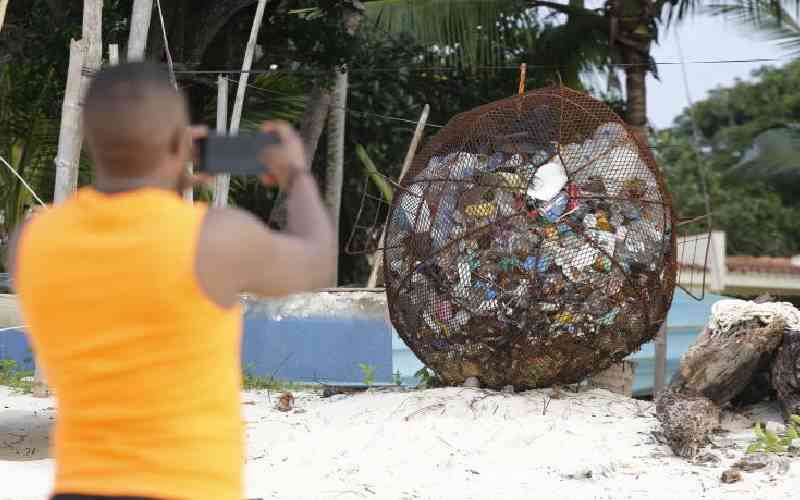×
The Standard e-Paper
Home To Bold Columnists

Mombasa County Government has decried poor handling of waste and failure by residents to take responsibility for the trash they generate.
County acting chief officer for Environment and director for Climate Change Abdulsalam Omar said it was difficult to manage waste because residents do not sort what they generate at source.